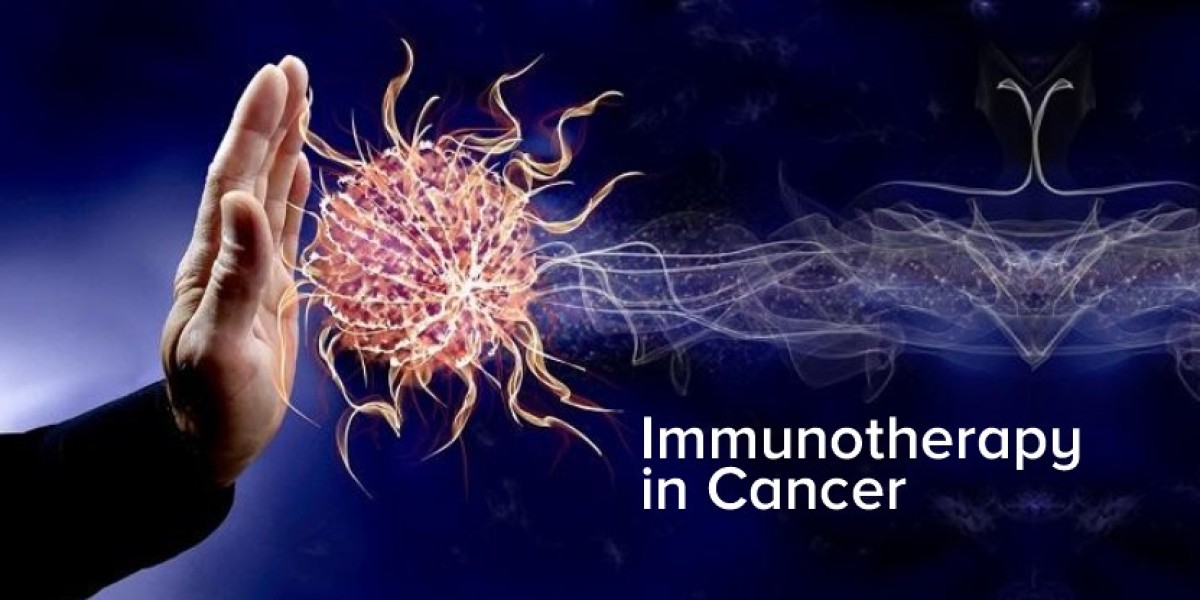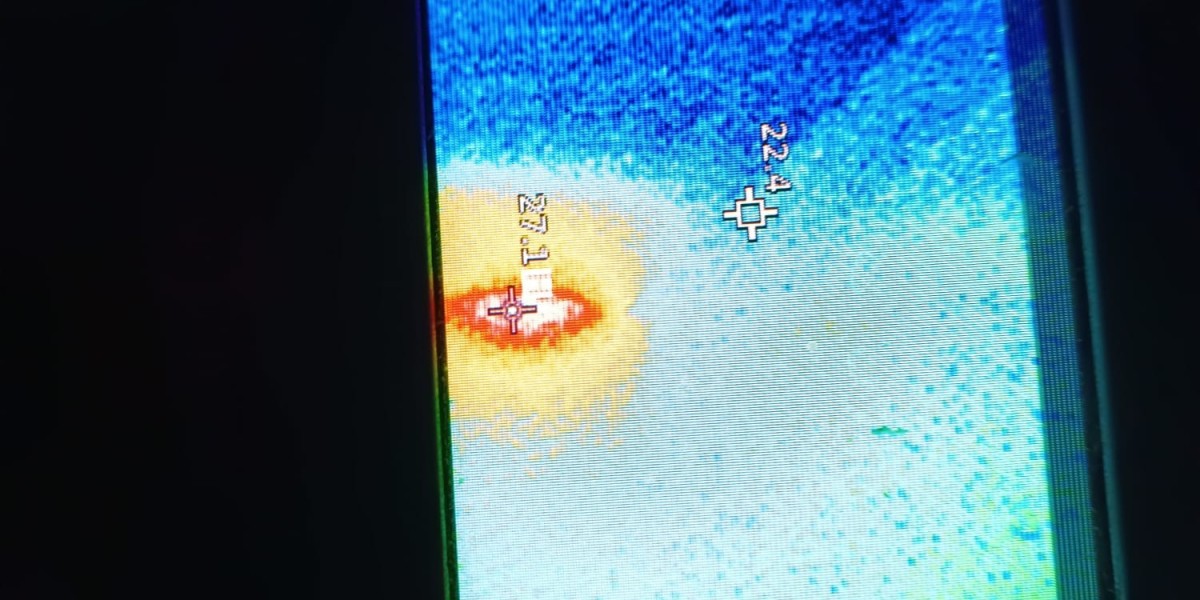Immunotherapy, which is a novel way of fighting cancer, gives patients an individual experience that entails, among others, hope, problems, and incredible outcomes. Contrary to methods of treatment like chemotherapy or radiation, immunotherapy, however, makes use of the body's immune system, and the patients' bodies are more likely to attack the cancer cells completely. Such targeted and persistent responses to cancer are the potential side effects of the treatment, say experts at the Best cancer hospital in India.
Immunotherapy patients may have difficulty handling their emotions. Initially, they may feel optimistic about the treatment before the fear of side effects and doubts arise. In each session, patients shine in their journey as they first conquer the impossible task of fighting the disease with their immune system and then venture to rebuild their new lives. Consequently, the experience of taking immunotherapy stands for resistance, struggle against life-threatening adversity, and empowerment.
Understanding Immunotherapy
Here is where the therapy finds its way by adding extra power to the immune system, which is able to find and fight cancer cells. It represents a broad spectrum of treatment strategies that can be segmented into several categories, including immune checkpoint inhibitors, antibodies, and adoptive cell transfer.
Each one of these approaches attacks a different franchise of the immune system in order to strengthen its recognition and elimination proficiency of cancer cells.
The Treatment Process
The route starts with in-depth screening by oncologists and then ends up being prescribed to the patient by the oncologists in accordance with the complexity of the case. If the case requires it, the patient will be given fitting sessions and a frequent intravenous routine.
On the one hand, immunotherapy's side effects are delayed compared to chemotherapy's immediate side effects, as the former leads the immune system to combat cancer cells gradually.
Side Effects and Challenges
Immunotherapy provides us with new hope, but there are challenges with it as well. Although the majority remain in remission for up to five years, some patients experience immune-related adverse events, many of which are generalized and more severe.
They can vary in form and severity and may range from tiredness, skin rashes, diarrhea, and, in the worst cases, damage inflicted on vital organs. It is absolutely important that healthcare staff watch over them to be able to identify the reactions and manage them appropriately.
Treatment Response and Monitoring
The alternating response patterns of immunotherapy from patient to patient are what make it outstanding and distinguish it from conventional therapeutics. On the contrary, certain individuals can undergo massive tumor reduction in a snap of time. However, others can quickly and steadily shrink their tumor cells.
Periodic evaluation is achieved by using nonspecific scans and biomarker assays to enable healthcare providers to assess their effectiveness and make the required interventions that will culminate in optimal outcomes.
Integration into Personalized Cancer Care
The truth is that immunotherapy's versatile functionalities go beyond its role as monotherapy for the cure of a disease. With continuous improvement and advancement, it has found its place in modern multimodal approaches to personalized care, developing new ways of treating the disease in concomitance with targeted therapy, surgery, and chemotherapy.
Adaptation is well defined for the sort of disease and its resistant reaction, which takes into consideration the maximal openness of the growth to a safe framework while making negligible side impacts.
The Emotional Rollercoaster
However, gaining immunity is not only a physical arena but also a psycho-emotional endeavor. One session is like a stroke of luck, and another, the devil may cry; each visit means the medicine or no improvement at all.
Surviving the mental stress connected with cancer treatment needs both the person's capability to bear up under stress and support from family, friends, and the medical team.
Celebrating Victories
Even if the obstacles have been big, antibody therapy has managed to overturn cancer treatment standards, returning new life to patients and their families. For many of them, it's the excitement they clutch amidst the darkness and their success stories that coin the stories of individuals hitting the remissions and prolonged survival. In addition to these successes, immunotherapy's extraordinary ability to revolutionize cancer care becomes more visible.
Conclusion
The implications of having immunotherapy for cancer treatment are multifaceted and are made up of physical, emotional, and psychological elements. It marks a shift in the paradigm of cancer treatment, where the existing power is located in the body of the patient to fight this relentless disease.
Plot hurdles and uncertainties are present, but no other dawn is as bright as the one offered by immunotherapy, which seems to open up new possibilities for those combating cancer.
Research and technology from the Best ayurvedic cancer treatment in India, whose doors are always open for more discoveries, are bringing unmatched promise for immunotherapy to be the game-changer in cancer treatment, sooner or later annihilating the cancer threat into something manageable.







